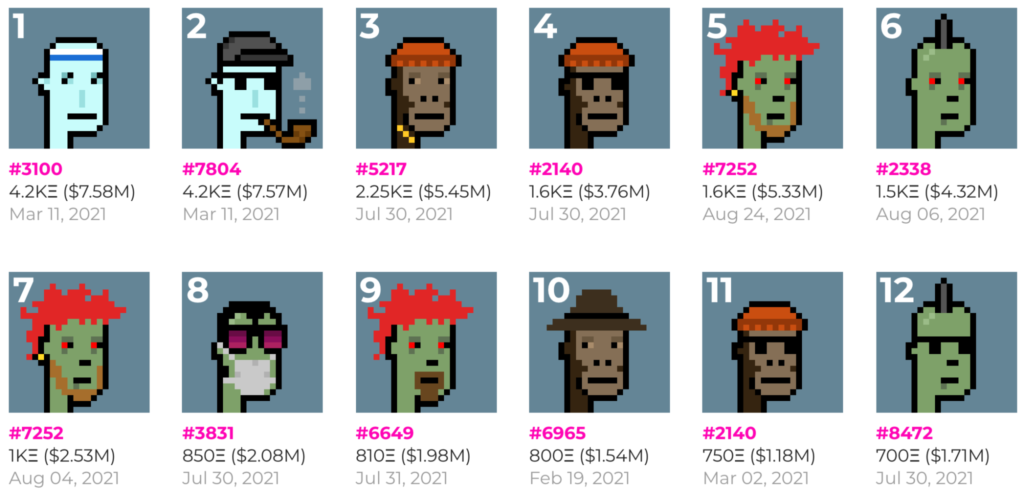Nike’s moon-shot into digital couture is now a legal meteor shower. On Friday, a group of collectors led by Australian investor Jagdeep Cheema filed a class-action complaint in Brooklyn federal court, alleging the sportswear titan vaporized the value of their RTFKT non-fungible tokens when it shuttered the studio in December 2024. They’re demanding upward of $5 million in damages, arguing the swoosh-branded NFTs were unregistered securities sold under false pretenses.
From flagship to footnote
When Nike acquired RTFKT in late 2021, it sold the pairing as a metaverse masterstroke: 3D sneakers, Clone X avatars and digital wearables that would unlock future games, perks, and physical drops. Early buyers gladly paid four- and five-figure sums in Ether to join what RTFKT called “the future of fashion.”
Two years later the experiment ended with a terse blog post. According to the lawsuit, metadata soon broke on flagship collections like Clone X – images disappeared, replaced by a Cloudflare placeholder that read “content not found.” Resale prices tanked. Plaintiffs say Nike pulled the plug with no warning, abandoning the servers that stored their artwork and erasing the tokens’ utility in a single stroke.
Are NFTs securities?
Cheema’s complaint goes further, asking the court to classify RTFKT tokens as securities under U.S. law. If the judge agrees, Nike’s failure to register the sales could add heft to claims of consumer-protection violations in New York, California, Florida and Oregon. It would also open a new battleground for the SEC, which has skirted a formal stance on whether digital collectibles fall within its remit.
Phillip Kim, counsel for the plaintiffs, alleges Nike knew the project’s lifespan was precarious yet “marketed hard-coded scarcity and future benefits.” Investors, he says, never imagined the company would yank the backbone of their purchase mere months after launch.
A cautionary glitch
The filing arrives amid a wave of post-hype reckonings in Web3. From bankrupt exchanges to disappearing JPEGs, courts are being asked to decide who shoulders the risk when digital promises go dark. “Real value can evaporate if the hosting contract lapses,” notes Chainalysis counsel Jackie Rose. “Centralized dependencies are kryptonite to decentralized dreams.”
Nike has yet to respond publicly, but insiders suggest the brand will argue that buyers understood NFTs carry market and technological risks, and that the tokens themselves remain intact on-chain regardless of image hosting issues.
Whether the court ultimately labels RTFKT NFTs as securities or dismisses the case as buyer-beware, the lawsuit underscores an emerging truth: big-ticket collectibles are only as durable as the corporate commitments that power them. For Nike, a leader in trust-laden branding, the next sprint may be through a legal minefield rather than a virtual catwalk.


